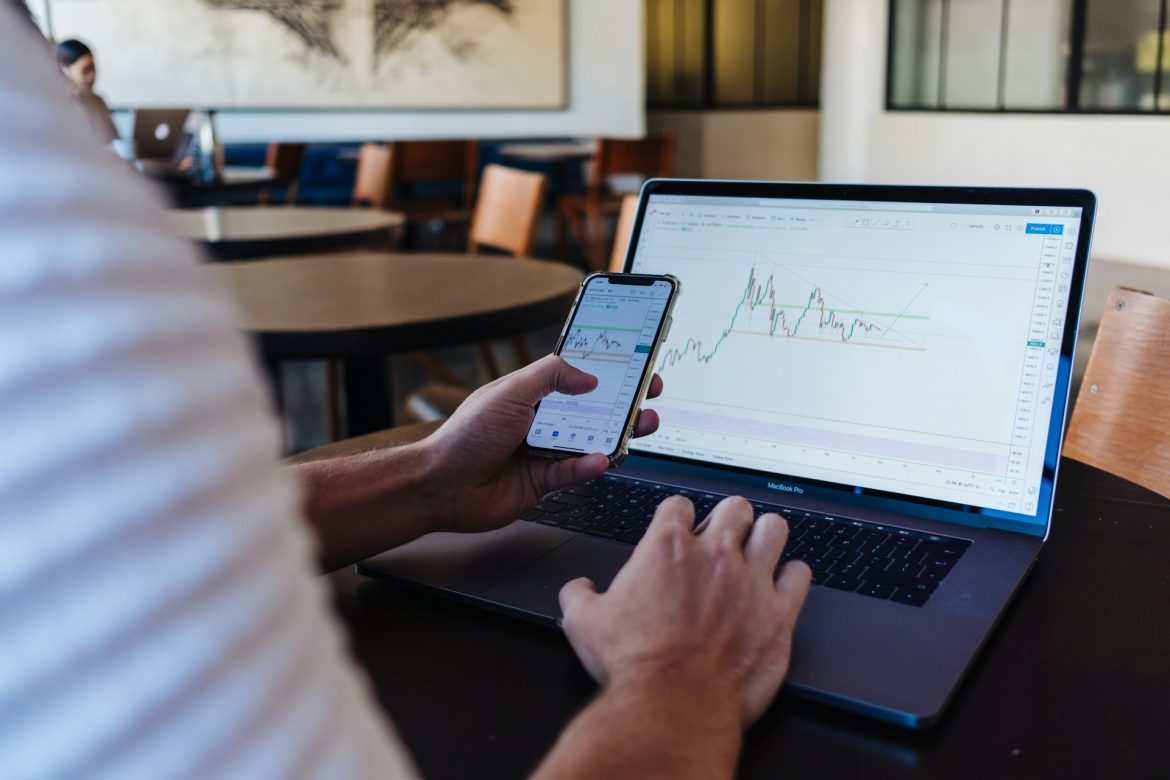Table of Contents
Climate change is not just an environmental issue; it’s an economic one too. The impacts of a warming planet affect everything from agriculture to real estate, presenting both challenges and opportunities. In simple terms, as our climate shifts, so does the way we need to think about and do business.
The Costs of Climate Change
One of the most immediate impacts of climate change is the increased frequency and severity of extreme weather events. Companies like Insurance Group are already feeling the heat, with payouts for natural disasters hitting record highs. Agriculture, too, faces threats from unpredictable weather patterns, affecting crops and, subsequently, the livelihoods of farmers worldwide.
Rising sea levels pose another significant cost, particularly for coastal communities and industries. Real estate values in vulnerable areas are declining, and companies like Coastal Properties must adapt quickly or face severe financial losses.
Opportunities Amidst the Crisis
Despite these challenges, climate change also presents a wealth of opportunities, especially for businesses willing to innovate and adapt. The push towards sustainability has spurred growth in renewable energy sectors, with companies like Green Energy Solutions leading the charge in solar and wind power.
Additionally, there’s a growing market for climate adaptation technologies. From drought-resistant crops to flood defenses, companies are finding new ways to help communities prepare for and withstand the impacts of climate change. Firms like AdaptTech are at the forefront of these innovations, providing solutions that not only mitigate damage but also create new economic possibilities.
Adapting to the New Normal
Adaptation is key in navigating the economic impacts of climate change. This means building more resilient infrastructure, rethinking investment strategies, and even changing the way we do business. For example, WaterWise, a company specializing in water conservation technologies, is helping industries use water more efficiently, an essential adaptation in a world where water scarcity is becoming increasingly common.
On a larger scale, governments and international organizations are also stepping up. Initiatives like the Paris Agreement provide a framework for reducing greenhouse gas emissions, while funding from entities like the Global Climate Fund supports projects that help vulnerable communities adapt to climate change impacts.
The Path Forward
The economic impacts of climate change are complex and far-reaching, but they are not insurmountable. By recognizing the costs and embracing the opportunities, we can navigate the challenges ahead. It requires a collective effort from businesses, governments, and individuals alike, each playing a part in adapting to and mitigating the effects of our changing climate.
In essence, climate change is reshaping our economy, but with innovation and adaptability, we can turn some of the greatest challenges of our time into opportunities for growth and resilience. The path forward may be uncertain, but it’s one we can navigate together, building a more sustainable and economically robust future for all.


